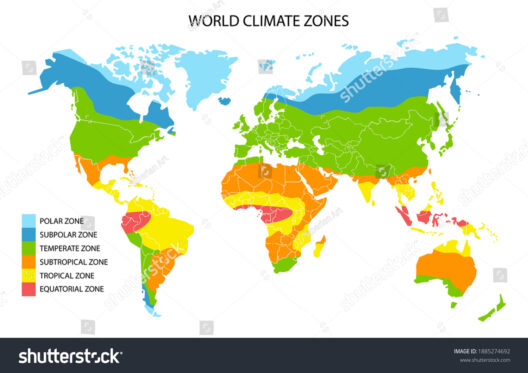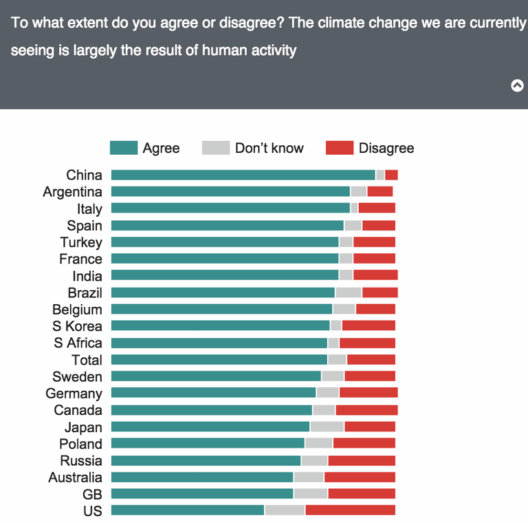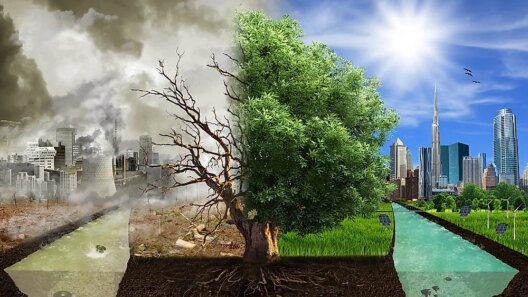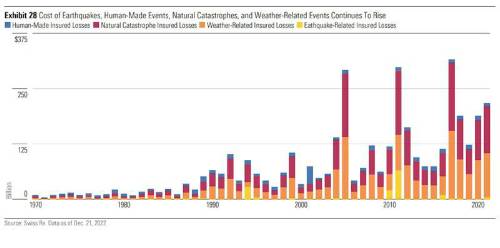The intersection of natural law and climate change presents a profound philosophical quandary, inviting deep reflection on our ethical responsibilities towards the environment. Natural law, a doctrine grounded in the belief that certain rights and moral values are inherent by virtue of human nature, provides a compelling framework through which to examine our obligations in the face of the climate crisis. This exploration compels us to re-evaluate our anthropocentric view of nature and reconsider our stance as mere inhabitants versus active stewards of our planet.
At its core, natural law posits that humans possess an intrinsic moral compass, guiding them toward virtues such as justice and the collective good. In a rapidly changing climate, the principles of this doctrine burgeon into a moral imperative to protect our planet. The susceptibility of natural ecosystems to anthropogenic threats accentuates the urgency of employing a natural law perspective in climate discourse. Understanding nature’s intrinsic value not only aligns with natural law but also catalyzes a robust ethical framework that conceives environmental conservation as a fundamental human right.
The first significant consideration within this philosophical framework is the notion of stewardship. Within many philosophies informed by natural law, there resides a tacit acknowledgment that humanity is entrusted with the guardianship of the earth. This conveys an ethical obligation that transcends mere self-interest. The degradation we witness today—pollution, deforestation, and biodiversity loss—stands in stark contrast to the regenerative ethos suggested by natural law. Such degradation is not only a betrayal of our ancestral custodianship but also an affront to our future progeny, who inherently possess a right to inherit a habitable world.
Moreover, a rigorous reflection on natural law yields insights into the communal dimensions of environmental responsibility. The climate crisis manifests as a global challenge that requires collective action reminiscent of the social contract theories espoused by philosophers like Hobbes and Locke. Just as these thinkers understood the necessity of agreement among individuals to foster communal well-being, the global climate emergency compels us to create an international consensus rooted in shared ethical obligations. The principle of solidarity emerges, urging nations and societies to collaborate transcending borders for the sake of planetary health.
Through the lens of natural law, the obligation to protect the environment morphs from mere preference to a codified ethical responsibility. The degradation of ecosystem services encapsulates a breach of this natural order, invoking the repercussions of our neglect. The intrinsic interconnectedness between humans and the environment posits that adverse changes to ecosystems reverberate through human communities, particularly those marginalized and disproportionately vulnerable to climate impacts. This underscores the urgent necessity to address climate injustices through the articulation of equitable policies that prioritize not only ecological restoration but also social equity.
In this discourse, we encounter the paramount significance of intergenerational equity—a staple principle resonating with natural law. This concept advocates that current generations hold a fiduciary responsibility to preserve the earth for future inhabitants. Such considerations invoke a sense of urgency, urging us to reflect not solely on immediate consequences but also on long-term implications. The ethical dilemmas surrounding climate change are inherently tied to the liberties and rights of future generations, compelling contemporary society to act with foresight and consideration of those yet to come.
While exploring moral imperatives, it becomes crucial to consider the role of technology and innovation in light of natural law. The advancements that precipitate industrialization historically cultivated a standard of living, yet they concurrently catalyzed environmental decline. A nuanced approach would entail leveraging technological ingenuity to ameliorate rather than exacerbate ecological challenges. Thus, from a natural law perspective, technological advancements must be diligently steered towards beneficial applications, balancing progress with ecological sustainability and ethical accountability.
Furthermore, the potential of restorative justice aligns harmoniously with natural law principles. The concept advocates for restitution to communities adversely affected by environmental vandalism and climate change. This approach encapsulates accountability and acknowledges historical injustices, fostering a path towards reconciliation and healing. It infers that restorative measures are necessary not only for the physical restoration of ecosystems but also for mending the fabric of trust within human communities that have been ripped apart by climate inequities.
In synthesizing the discourse of natural law with the exigencies of climate change, a crescendo of philosophical contemplation arises regarding our role as agents of change. Each individual, codified within the natural order, wields the power to influence the collective trajectory towards sustainability. Henceforth, the narrative of environmentalism transforms into a narrative of hope—an opportunity for humans to align their actions with ethical imperatives illuminated by natural law. Collective effort paves the way for innovative frameworks that reconcile economic gain with environmental stewardship, fostering a resilient future.
Thus, the invocative principles of natural law provide not merely an abstract philosophical lens but rather a clarion call for our generation. The responsibilities inherent in natural law urge us to embrace our role as stewards of the earth, fostering a harmonious existence between humanity and nature. In grappling with the philosophical implications of climate change, we awaken to the reality of our shared humanity interlaced with the broader ecological tapestry. It is a shift in perspective that beckons a transformative commitment toward sustainable practices and a profound understanding of our moral imperatives. The time for action, grounded in natural law, is now—let us embark on this journey towards a sustainable future with resolute purpose and unwavering resolve.








